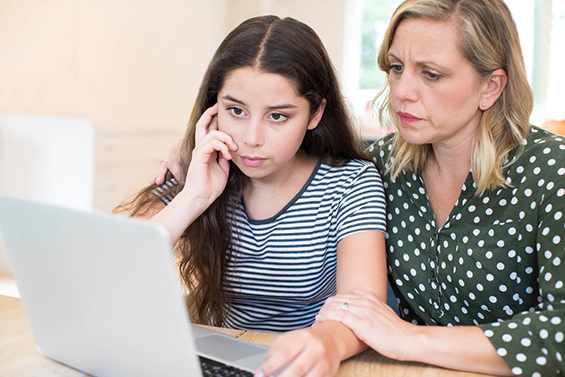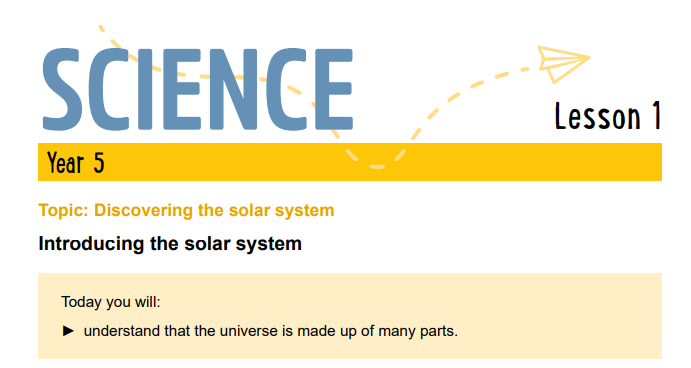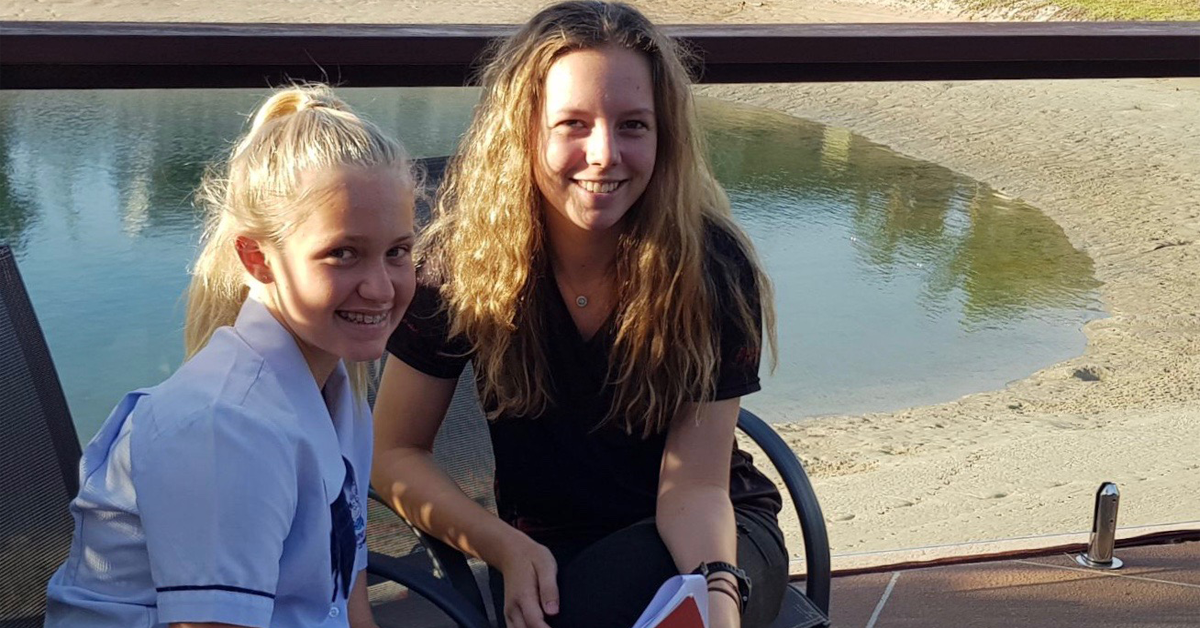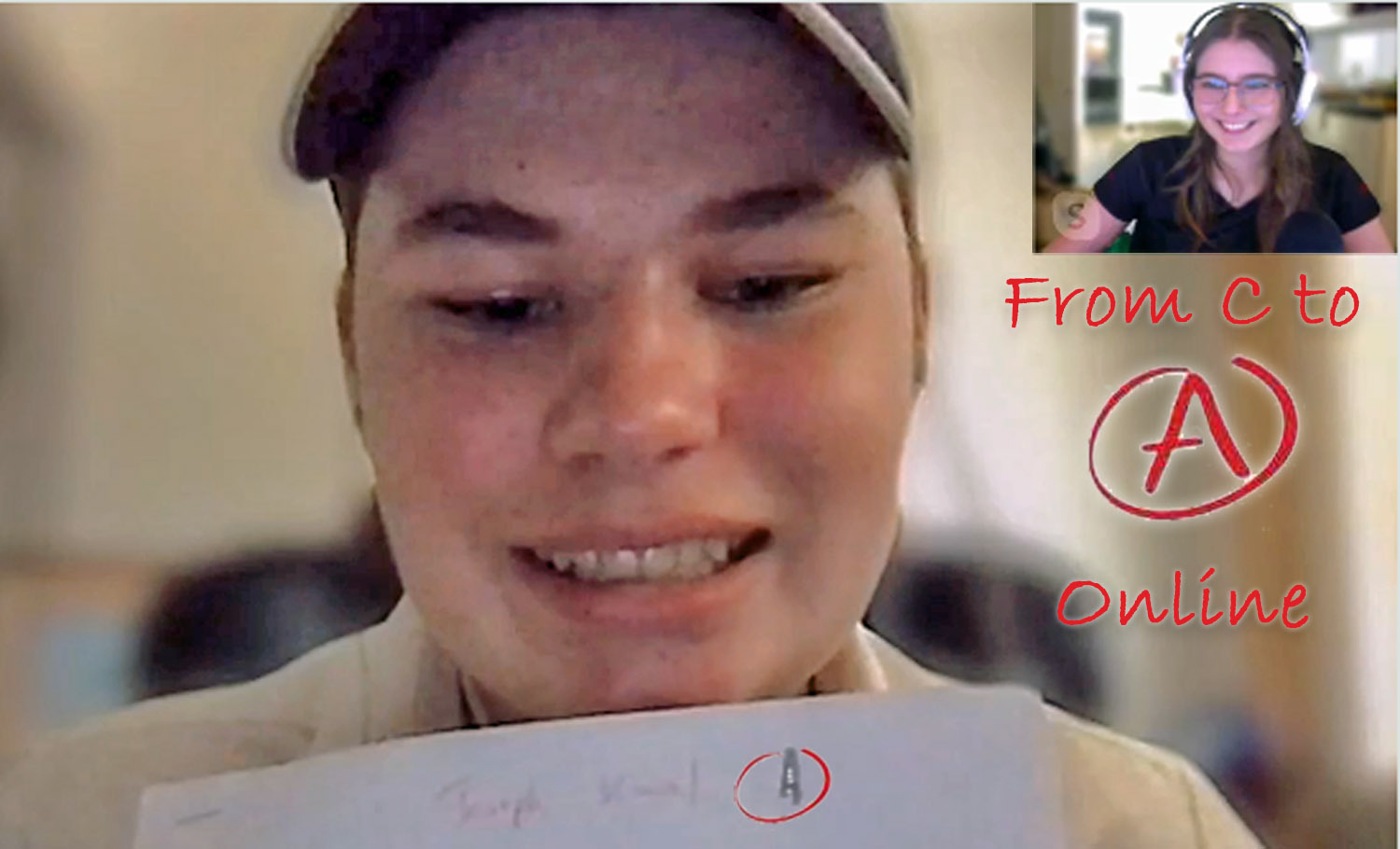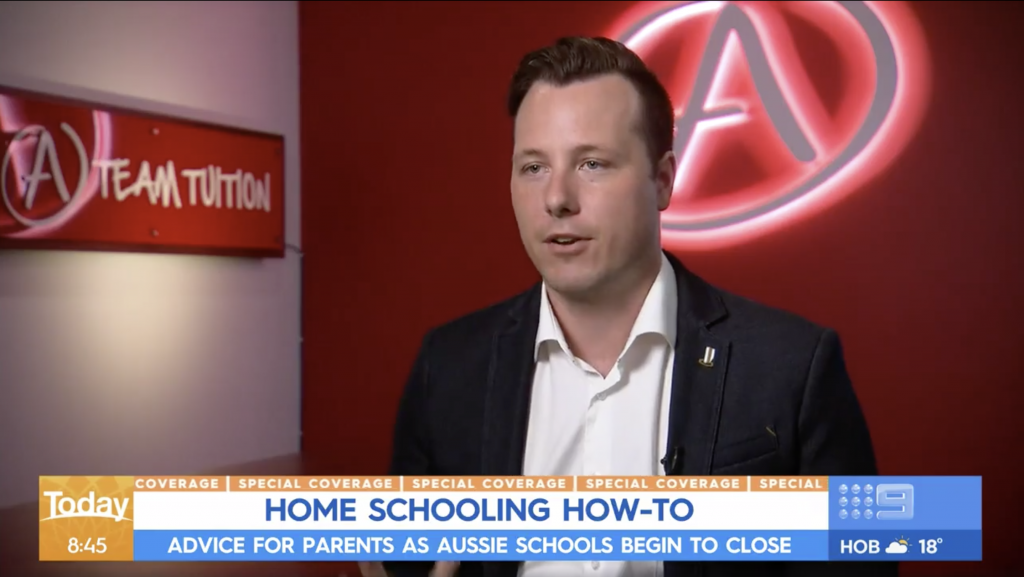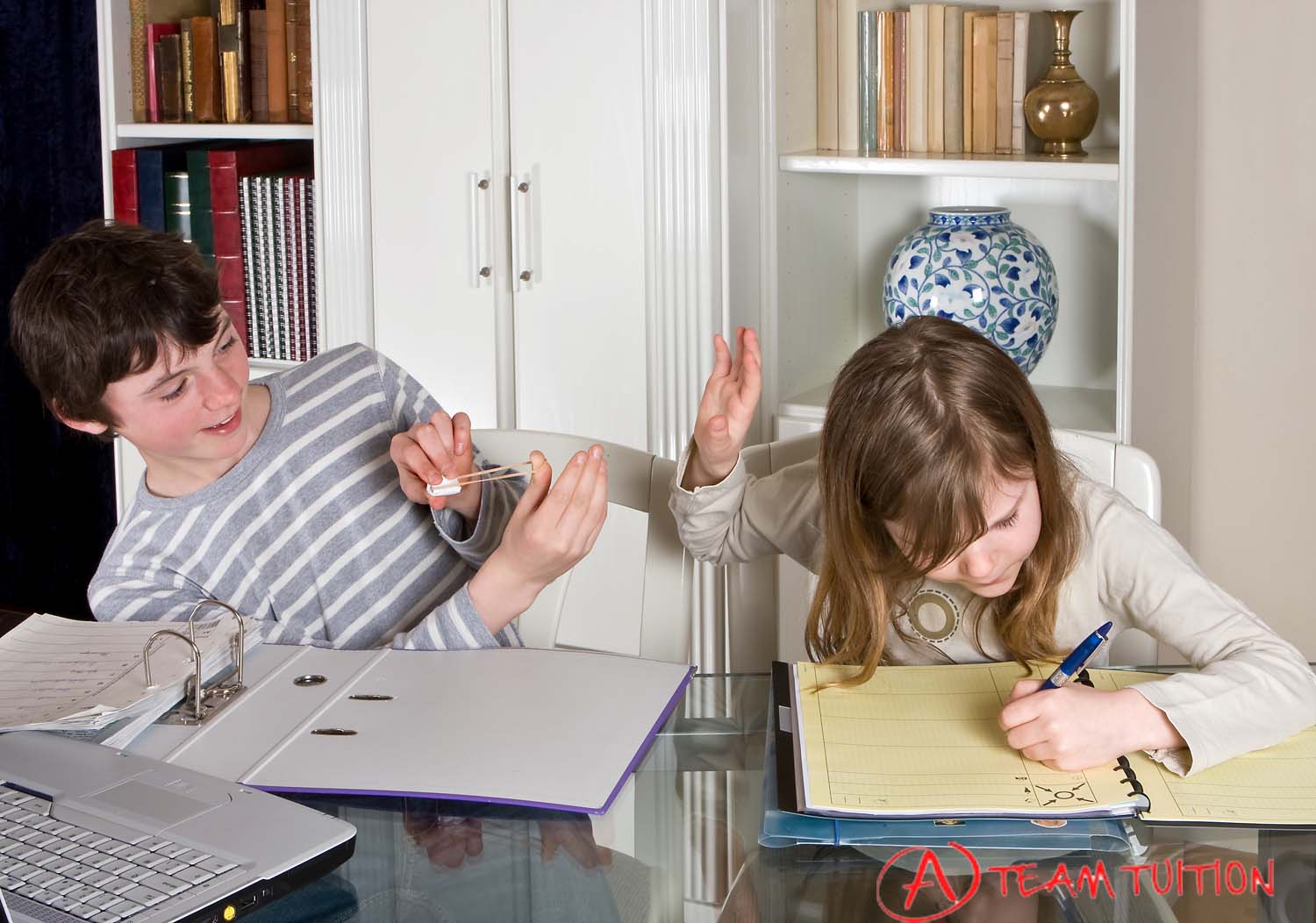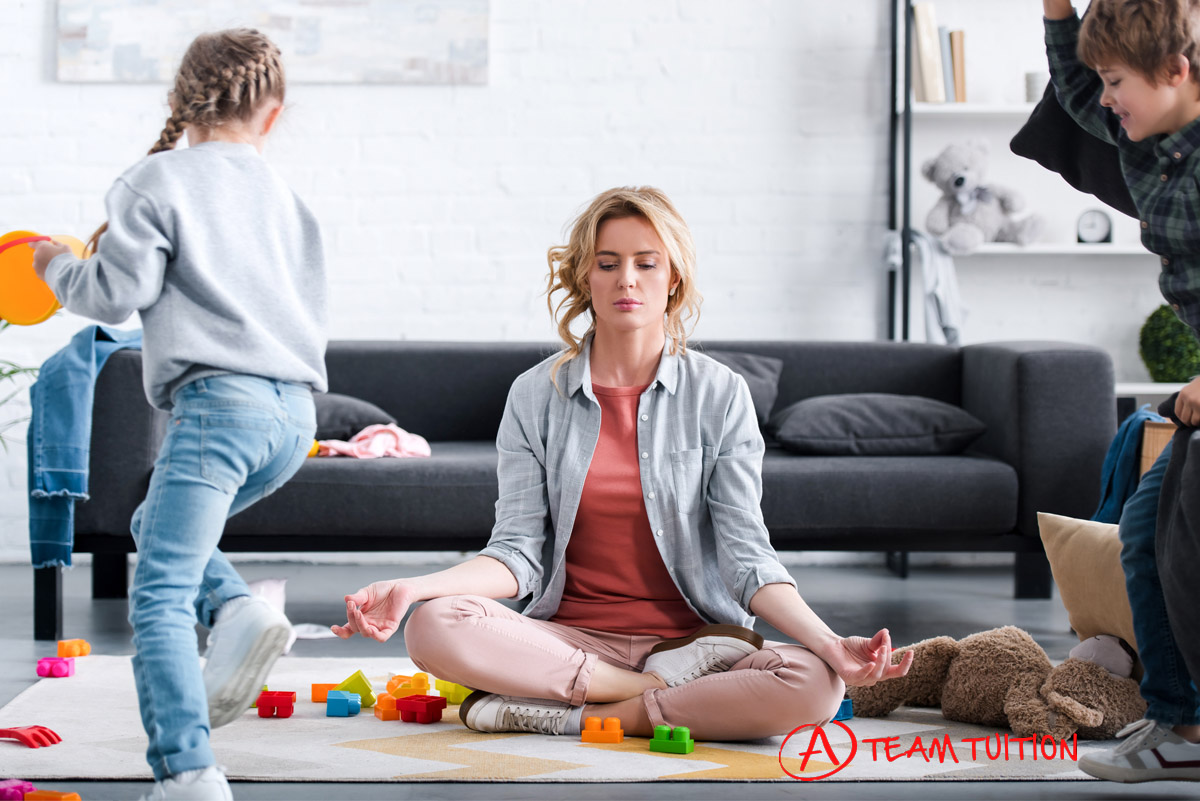Moving Education Online – An Educator’s Perspective
As a trained educator, we learn how to teach people things. This can be complex maths problems through to simply teaching students how to read and write. In practice, educators teach people a wide variety of content through a range of mediums; however, before the COVID-19 pandemic, everything was centered around in-person communication. Due to the highly infectious nature of the virus, and as you’re probably aware, this has now all changed. With the closure of schools around the world, educators are being forced into moving to completely electronic systems for teaching and learning at home. While this may seem foreign to many, there are many online resources available. These aim to alleviate the difficulties of moving to completely online and at-home education, for parents, students, and educators.
What Is Happening in Queensland?
While most schools are still open across the country, Education Queensland has taken steps towards allowing school communities to continue teaching and learning during extended school closures. In doing this, they have utilised an online resource called ‘learning@home’. In the event of prolonged school closures, parents and students can access the resources provided on this website for completion at home. Even though the Queensland Government has provided this openly available resource, each school will have its own unique approach to online learning, so it is important to maintain effective communication with your child’s school. You can access ‘learning@home’ here or access our Parents’ Guide to the Queensland Government Curriculum.
Understanding the ‘learning@home’ Resources
Through their ‘learning@home’ platform, Education Queensland has provided extensive, curriculum-based resources across all year levels. They have provided numerous units of work for all core subjects that can be used in a home-based educational situation. Students and/or parents can either download individual resources, or they can download complete, interactive two-week units of work. They all align directly with the Australian curriculum set by ACARA and are quite extensive. When using them, it is important that students and/or parents select ones that align to the curriculum currently being undertaken by the school. If we move to a completely online, home-based educational system, it may also be a valuable opportunity for students to improve any skills they are lacking, and the extensivity of the ‘learning@home’ resources and links is perfect for that.
Learning At Home Challenges for Parents and Students
While they are certainly comprehensive, understanding the individual skills and content knowledge in the curriculum can be quite confusing. This is compounded by the recent changes to the curriculum in some states and parents can’t be expected to understand the complexities of the educational system and its content. If you and/or your child is finding it difficult to understand the ‘learning@home’ resources, as well as the requirements of the curriculum, I would encourage you to seek the help of trained educators who are familiar with the Australian curriculum, ATAR and online education. With the effective support of trained educators, students can utilise the provided online resources to their full potential. This will provide them with as many educational opportunities as they usually receive from a traditional school setting and can even allow them to excel!
What If My School Has its Own Learning at Home Resources?
That’s great! Most schools will have their own comprehensive resources for all their available subjects. The vast majority of school students already work from multiple online platforms, so schools are utilising these to provide online teaching and learning opportunities. Whether it be Microsoft Teams/OneDrive, Google Hangouts/Drive, Microsoft OneNote or Notability, most schools already incorporate a large amount of electronic contact time into their curriculum. I would encourage students and parents to use the school-provided resources as a priority, and to use the ‘learning@home’ resources as extra support. While they may be different from what students are used to, they will align perfectly with the curriculum set by their schools and will allow for the most effective teaching and learning experience.
My Child Is Struggling to Learn
With students spending significantly more time at home/online, and relying on resources provided by their schools, they may seek more help for their schoolwork. Working 100% online is not for everyone, so many students will find learning this way more difficult. With the complex educational needs of students magnified by an online learning scenario, if your child is struggling with their education, I would recommend seeking the assistance of trained educators, who specialise in accommodating diverse learning needs. It is vitally important that parents, students and educators work together through this extraordinary period so that students are provided with the best educational opportunities and outcomes possible.
Does A Team Tuition provide Online Tutoring?
A Team Tuition provides online tutoring according to our unique educational philosophy. We combine elements of psychology with education to ensure all kids have the right mindset needed for effective learning at home and in school. We are currently experiencing a burgeoning number of enquiries and working hard to help everyone we can through this difficult time. It’s recommended that if you’re considering an online tutor, you get in touch without delay.
Check Current Availability
The post Tackling the New Challenges of Learning At Home appeared first on A Team Tuition.
from A Team Tuition https://ift.tt/2UimfET
via IFTTT

